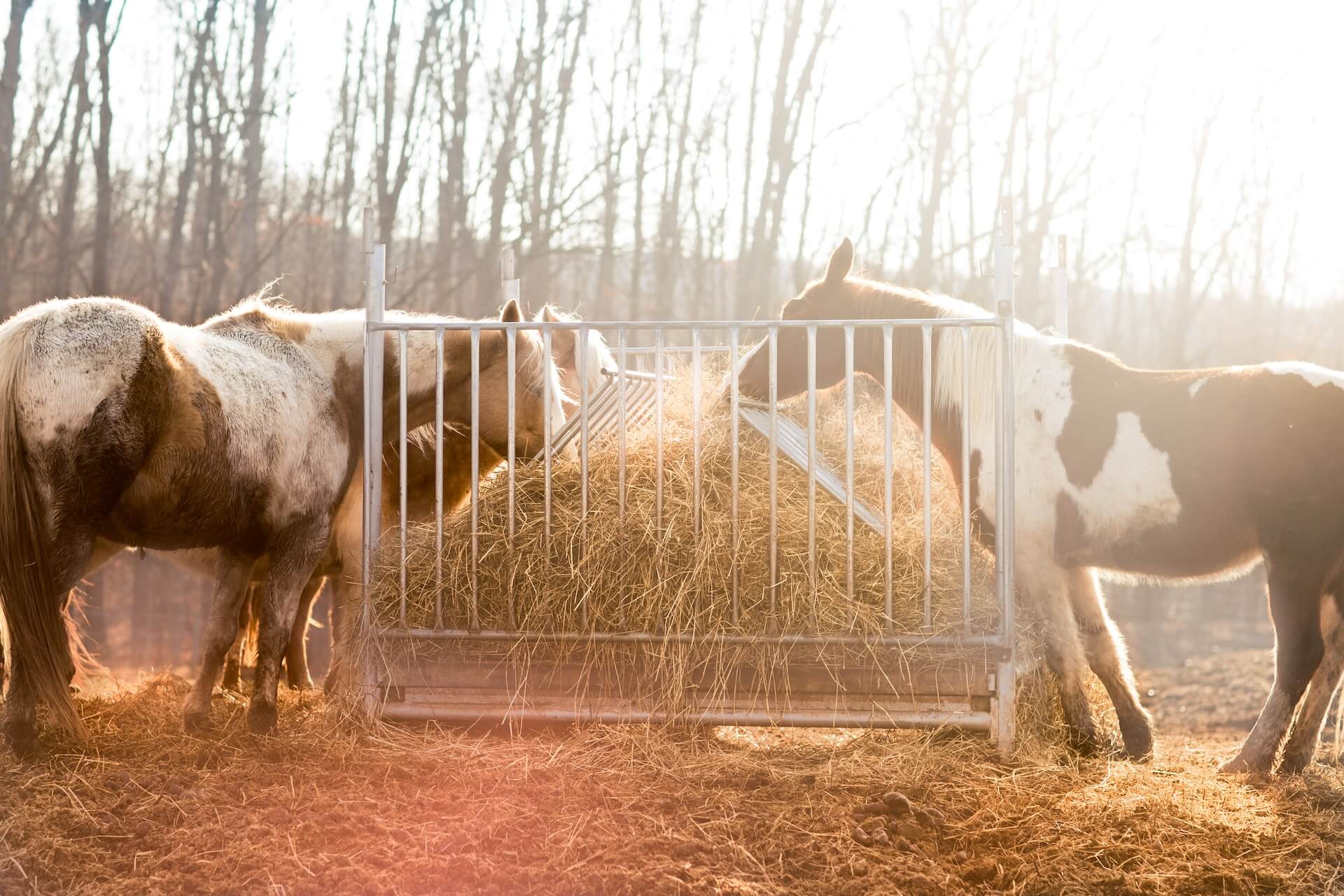
In the early days of horse racing, participation in the sport was reserved for those who had money to spare. It was a very elitist leisure activity, that only those from the high classes could afford.
Purchasing and developing racehorses was seen as a pastime for those who wanted to flaunt their money. They wanted bragging rights and a reputation as “true sportsmen” rather than to make a lucrative career out of it. The sport was a hobby, and if you did not have the money to invest yourself in it, you were relegated to spectator status.
Fortunately, times have changed and progress has made racing a sport that is more available for anyone, as long as they have a device with an internet connection. Nowadays horse betting for dummies is possible and any amateur without major knowledge can get lucky.
Fortunes can now be made at the track in ways that don’t involve simply cashing a lucky ticket. Moreover, you don’t even need to be on the track to earn a lot, considering you can bet online from the comfort of your own home, which explains why gambling did not suffer as much as other businesses during the pandemic.
Those who condition and ride horses are looked upon as professionals, and like most any respected careers, they can make quite a bit of money. The industry itself also now operates not solely out of a want to preserve and exhibit the Thoroughbred, but also as a thriving, profitable industry.
How much money can those at the top of the racing industry make? Are the stakes low enough for anyone to get involved or do you need some fortune to invest in a horse?
The Owners
Admittedly, most owners still come into the business with their own money, and often operate at a financial loss. However, being that owners still get the bulk of the purse money when a horse wins a race, there is still a huge potential to make a lot of money. In addition, if the owner wishes to sell a successful racehorse after their retirement, there are millions more that could potentially line the owner’s pockets.
The leading money-winning owner in North America for 2022 was the massive Godolphin stable, who netted 87 wins from 434 starts, and earned $16,298,287. Their top horses for this year included four Breeders’ Cup winners: Turf winner Rebel’s Romance, Mile winner Modern Games, Dirt Mile winner Cody’s Wish, and Juvenile Turf Sprint winner Mischief Magic.
The Trainers
In years past, trainers were regarded as merely employees of the owners. It was rare for a trainer to work for more than one owner, much less establish themselves as an expert and spokesperson for the racing industry.
Nowadays, however, the trainers in horse racing are typically far more visible than the owners, and only the biggest international owners (such as the aforementioned Godolphin) retain exclusive access to their trainers. Most trainers in North America, both at the top and the lower levels, train horses belonging to several different owners. Trainers typically get a percentage (usually around ten percent) of their charges’ winnings, in addition to private fees the particular trainer charges.
The trainer whose horses won the most purse money in 2022 was Chad Brown. Brown’s horses started 920 times in 2022, with 243 wins and earnings of $31,009,162. His top runners this year included Breeders’ Cup Filly and Mare Sprint winner Goodnight Olive, Preakness winner Early Voting, and Grade I winners Bleecker Street, In Italian, Regal Glory, Zandon, and Jack Christopher.
The Jockeys
Today’s jockeys are regarded as champion athletes, and those at the top levels are paid as such. Like trainers, jockeys are typically paid about ten percent of their horses’ earnings on the track. Jockeys also have the opportunity to join a union, known as the Jockeys’ Guild.
Irad Ortiz Jr. led North American jockeys in earnings for 2022. He rode in 1352 races, won 322 times, and earned $36,812,937. His top wins came aboard Forte in the Breeders’ Cup Juvenile, Goodnight Olive in the Breeders’ Cup Filly and Mare Sprint, Elite Power in the Breeders’ Cup Sprint, and Mo Donegal in the Belmont Stakes.
The Handles
Yes, individuals can make a lot of money in the sport. But how profitable is the sport itself? One way to evaluate that is to look at the betting handle, or how much money is wagered on racing.
In 2022, approximately $12.11 billion was wagered on horse races across the United States. This represents a slight dip from the 2021 handle of $12.21 billion, but still represents a relatively high point of profit, even compared to the pre-Covid handle of 2019. This shows that even in this time period of economic instability, the horse racing industry is going strong.







